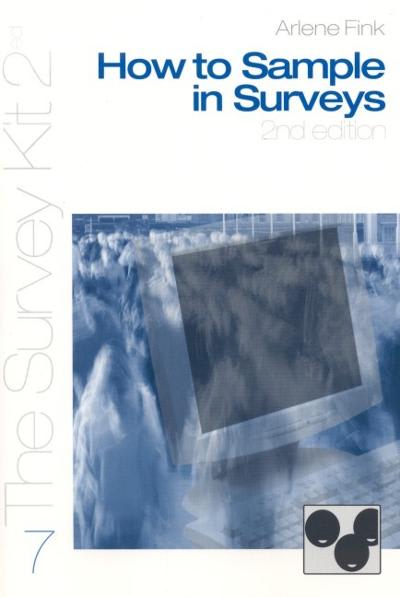Question
1. When evaluating whether his life is going well, Jerry adds up all the pleasurable experiences he's had and subtracts all the painful experiences he's
1. When evaluating whether his life is going well, Jerry adds up all the pleasurable experiences he's had and subtracts all the painful experiences he's had. He doesn't care about whether he desired these pleasures or make a distinction between different types of pleasures, only caring about their intensity. Which theory about the nature of well-being is Jerry using? Simple Hedonism. Higher/Lower Pleasure Theory. Positive Attitude Theory. Simple Desire Satisfaction Theory. Informed Desire Satisfaction Theory. Objective List Theory. 2. When evaluating whether her life has gone well, Carey only cares whether she has an optimistic outlook on what she's done in life. She's been through many hardships and difficulties, but still has a good evaluation of all these experiences, so she infers that her life has gone pretty well. Which theory about the nature of well-being is Carey using? Simple Hedonism. Higher/Lower Pleasure Theory. Positive Attitude Theory. Simple Desire Satisfaction Theory. Informed Desire Satisfaction Theory. Objective List Theory. 3.When evaluating whether his life has gone well, Juan considers whether he's gotten everything he wants out of life. He doesn't make a distinction between different types of wants; as long as he gets what he wants, this counts as good for him. Which theory about the nature of well-being is Juan using? Simple Hedonism. Higher/Lower Pleasure Theory. Positive Attitude Theory. Simple Desire Satisfaction Theory. Informed Desire Satisfaction Theory.Objective List Theory. 4.@@/@@@@
Step by Step Solution
There are 3 Steps involved in it
Step: 1

Get Instant Access to Expert-Tailored Solutions
See step-by-step solutions with expert insights and AI powered tools for academic success
Step: 2

Step: 3

Ace Your Homework with AI
Get the answers you need in no time with our AI-driven, step-by-step assistance
Get Started


